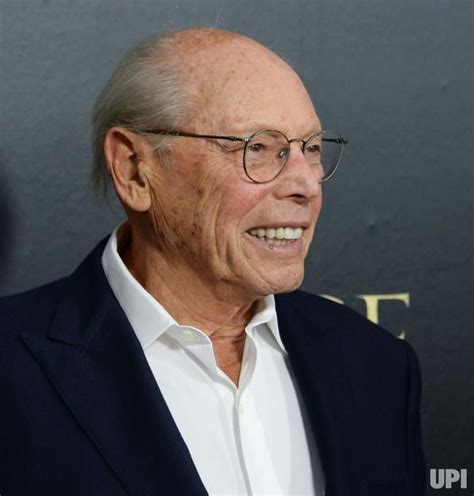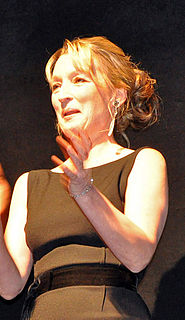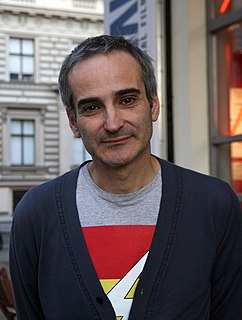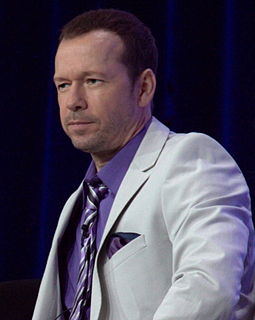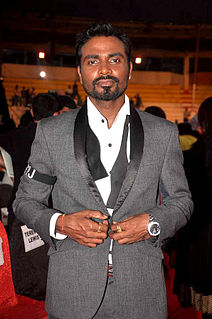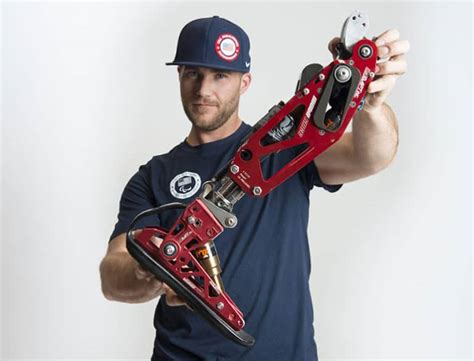A Quote by Irwin Winkler
When studios start telling me why a particular film project won't work, I remember 'Rocky.' I remember that the biggest success Bob Chartoff and I have had was a film nobody wanted to make.
Related Quotes
When I start on a film I always have a number of ideas about my project. Then one of them begins to germinate, to sprout, and it is this, which I take and work with. My films come from my need to say a particular thing at a particular time. The beginning of any film for me is this need to express something. It is to make it nurture and grow that I write my script- it is directing it that makes my tree blossom and bear fruit.
For Twilight, I wasn't thinking it was going to be a crazy success, or anything. It had been rejected by all the major studios. Nobody wanted to make it and they didn't think it would make any money, but I read the book and I thought, "Wow, I want to capture that feeling of just being crazy in love. I wonder if I can do that in a film." That was my challenge.
I quite like that people tend not to know my name. I remember being at the Cannes film festival for 'All or Nothing.' I looked very different in the film - I had a little greasy bob and no makeup. I went to a dinner after the screening, and everyone completely ignored me. I got a real buzz out of that.
You also convert real memories, whatever that means, into film versions of those memories. Because by the time you've finished the project you can't remember the real memories anymore, you just remember the film versions of them. And then if the film failed you have distaste for them. So I don't think about that stuff anymore.
I hate to write and spend months just waiting for the film to get financed. Then when you start preparing the film and you shoot it, you've already forgotten why you wanted to make the film in the first place. I like to have some kind of coherent energy that takes you through writing, preparing, shooting.
Animation, for me, is a wonderful art form. I never understood why the studios wanted to stop making animation. Maybe they felt that the audiences around the world only wanted to watch computer animation. I didn't understand that, because I don't think ever in the history of cinema did the medium of a film make that film entertaining or not. What I've always felt is, what audiences like to watch are really good movies.
Tobin Bell wasn't obligated to do the second Saw film but he wanted to. I think they brought me into this film because there's a first time director, and my reputation is one of an actor who's there for the betterment of the project. I'm not there to better myself. I'm there to bring all my resources to the project to make it as good as it can be. In the end, that makes everyone look good.
I'm surprised by how much I remember [on childhood on film]. I think it's just because I had these interesting moments. Of course, you never know when they're interesting moments, but there was a lot of stuff that I remember and have attached significance to later. I remember enough. I remember highlights.
I'd never read 'Prince Caspian'. I watched it and loved that film. Everybody was talking about its lack of success; its relative success in comparison to the other film. It's a great film. It deserved to do a lot better than it did. It's very difficult to make a film that will match up to the first.
